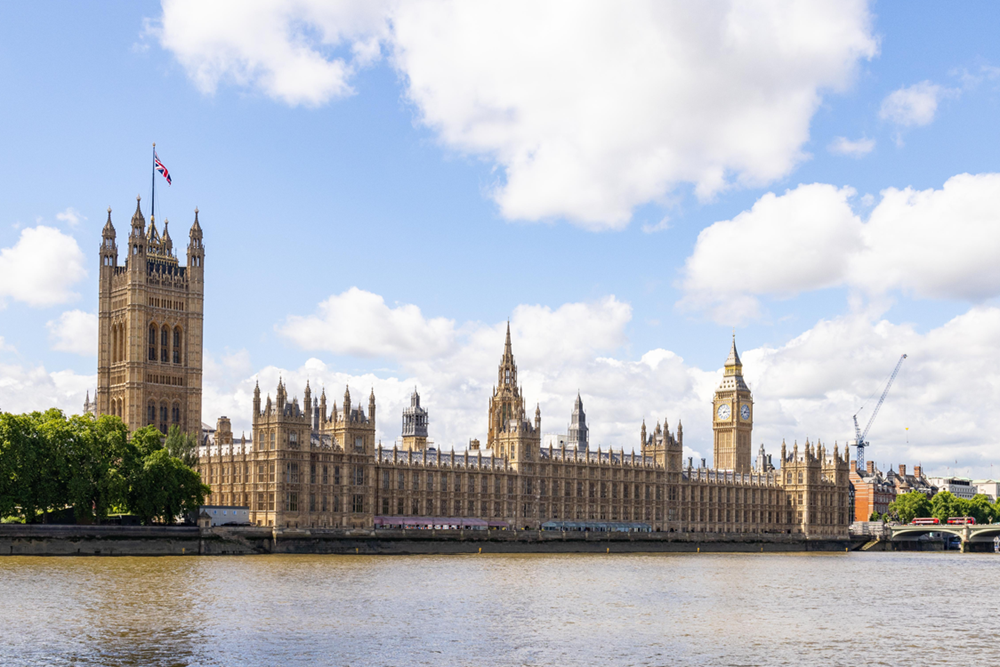Amidst a pivotal juncture in the UK’s political landscape, the official dissolution of Parliament signals the nation’s readiness for the eagerly anticipated general election scheduled for July 4th.
This Thursday’s dissolution marks the beginning of a critical phase, setting the stage for a fiercely contested battle for governmental control among the major political players.
With Prime Minister Rishi Sunak leading the Conservative Party and Keir Starmer heading the Labour Party, all eyes are on these formidable contenders as they compete for voter allegiance in the impending election.
Against a backdrop of economic challenges and societal issues, such as stagnant growth and escalating living expenses, both parties are poised to present contrasting visions for the nation’s future.
The forthcoming stance of Sunak and Starmer on the Israel-Palestine conflict, particularly in light of Sunak’s support for Israel’s actions in Gaza, is anticipated to influence voter decisions in the days ahead.
Pivotal electoral period
Current polling trends suggest that a victory for the opposition Labour party would mark the conclusion of a 14-year era of Conservative governance, potentially ushering in a center-left administration led by former barrister Starmer.
Sunak aims to extend the Conservatives’ political dominance for another decade, reinforcing their position in the political landscape.
Following the dissolution of Parliament, candidates from various parties will engage in intensive campaigning efforts across constituencies nationwide, endeavoring to persuade voters with their policies and pledges.
As the UK enters a crucial electoral phase, the outcome of the July 4th election carries significant implications for the country’s future trajectory and governance.


